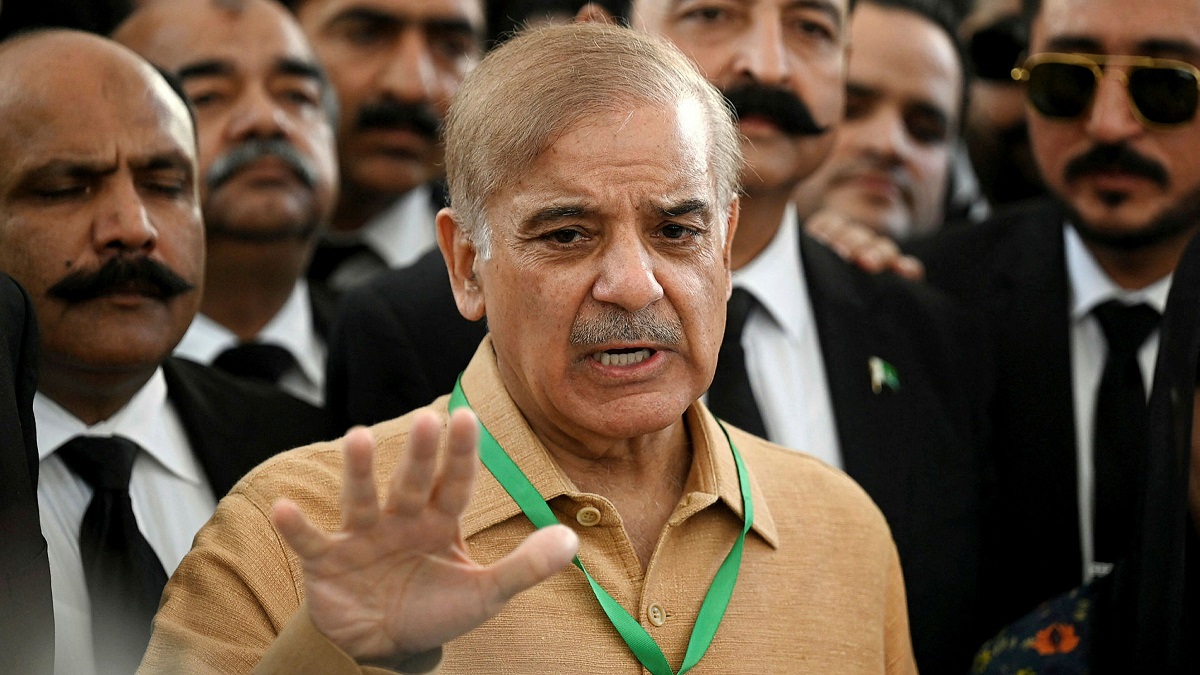On Thursday, the Finance Minister of Pakistan, Ishaq Dar, fiercely opposed the International Monetary Fund’s (IMF) advice regarding tax exemptions, indicating a tension-filled end to a four-year financial relationship. Minister Dar criticized the IMF’s approach, which he claimed has been unprofessional since October of the previous year.
Addressing the Senate Standing Committee on Finance, Minister Dar retorted, “They would prefer us to follow Sri Lanka’s footsteps before they negotiate with us.” He emphasized Pakistan’s sovereignty, implying its independence in decision-making against any IMF directives.
Unexpectedly attending a meeting aimed to discuss the IMF program, Dar hinted at the disconcerting termination of this partnership. However, the government’s stance on the IMF is not shared unanimously within the coalition. The Pakistan Peoples Party (PPP), a main coalition partner, seemed to diverge from the government’s views.
Senator Saleem Mandviwalla, a PPP member and former finance minister, advocated for the completion of the IMF program’s 9th review on Thursday. Pakistan had agreed to a $6.5 billion program with the IMF in July 2119. The program, however, experienced multiple disruptions, derailing four times and causing continual amendments to review schedules. It is set to conclude on June 30th, with a significant $2.6 billion remaining undistributed.
Minister Dar expressed his concern over this scenario, describing it as a “tragedy” if Pakistan does not receive the remaining funds.
The IMF had criticized the proposed budget the day before, claiming it failed to expand the tax base and labelling the new tax amnesty scheme as a “damaging precedent”. IMF resident representative Esther Perez Ruiz argued that this scheme contradicts the governance agenda and the original objectives of the $6.5 billion programme.
Refuting the IMF’s disapproval of tax exemptions, Dar asserted that the government had to grant these exemptions to boost the economy. He described the IMF’s reasons for delaying the 9th review as unprofessional and questioned their stance on the exchange rate regime and external financing requirements.
Read More: Pakistan’s Risk of Sovereign Default Heightens Amid Stalled IMF Program, Warns Moody’s
Pakistan, according to Dar, complied with all IMF conditions, including securing external financing and sharing detailed budget plans for 2023-24. “I cannot fathom the IMF’s intentions and their reluctance to proceed with the staff-level agreement,” Dar stated.
The Finance Minister also provided a detailed account of his tenure since his appointment in October of the previous year, a period marked by the IMF program derailment. He highlighted Pakistan’s economic advancements, including securing a $3 billion arrangement from Saudi Arabia and the UAE, and a potential $450 million loan from the World Bank under the RISE-II program.
Dar also clarified that the recent budget was not made in consultation with the IMF, and it was only shared after the Prime Minister committed to the IMF’s Managing Director.
In a significant critique, Dar deemed the State Bank Amendment Act 2022, passed by the previous government to please the IMF, as intolerable, asserting that the State Bank is a national institution, not an international one.
The PPP, through Senator Mandviwalla, emphasized the importance of completing the IMF program. Mandviwalla insisted that IMF program revival is crucial for securing loans from international financial institutions and for maintaining investor confidence in Pakistan’s balance of payments stabilization. He also urged the consideration of new programs while emphasizing the need for a review of budget expenditures and increased progressivity in taxation.



























